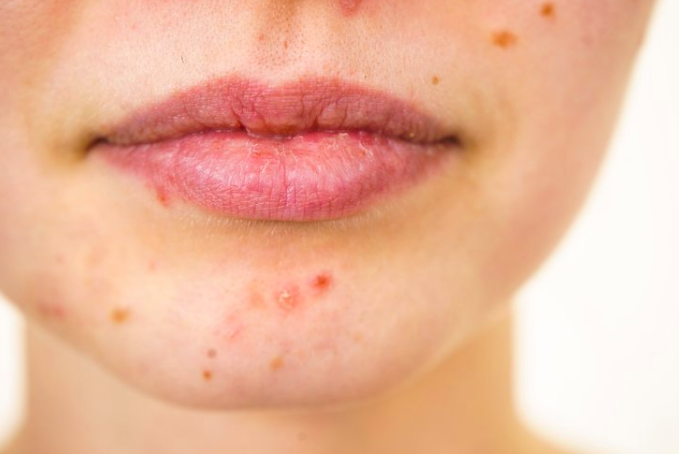
February 12, 2020
 Source/IMAGE LICENSED FROM INGRAM IMAGE
Source/IMAGE LICENSED FROM INGRAM IMAGE
Penn Medicine researchers are shedding light on racial disparities in prescriptions for acne medications, particularly stronger antibiotic drugs for more severe cases.
As many as 50 million Americans suffer from acne each year, but evidence shows the same treatment options aren't provided equally to people of all racial backgrounds, according to new research out of Penn Medicine.
A new study examining prescriptions for the use of acne medications — specifically systemic antibiotic treatments — shows that that black patients are 20% less likely to receive an oral antibiotic than white patients.
Among specific drugs, black patients were 32% less likely to receive the oral medication spironolactone than white people and 61% less likely to get the potent treatment isotretinoin, sold under the brand names Absorica and Amnesteem.
“Finding that patients across the U.S. are receiving different care for the exact same condition is jarring, especially since there is no evidence that a person’s race or gender has any impact on how effective these treatments are,” said senior author Junko Takeshita, an assistant professor of Dermatology at Penn. “Our study suggests that disparities involving race/ethnicity, sex, and insurance exist. Now we need additional research to help tell us why.”
The study, published in JAMA Dermatology, looked at the medical records of more than 30,000 patients to assess prescribing patterns for acne.
The disparity is especially problematic because those with darker skin may be more prone to have severe after-effects of acne.
“Considering that black individuals may actually have a greater need for those more potent prescription options in order to avoid persistent dark spots down the road, our results have an even more profound implication for this population,” Takeshita added.
Among other findings in the study, the researchers believe that prescription inequities and biases likely exist in relation to a variety of other conditions.
“We all have biases. It’s important for clinicians to be aware of their own biases that may unintentionally influence their actions in order to avoid treating patients differently based solely on their personal characteristics such as race or gender,” Takeshita said.